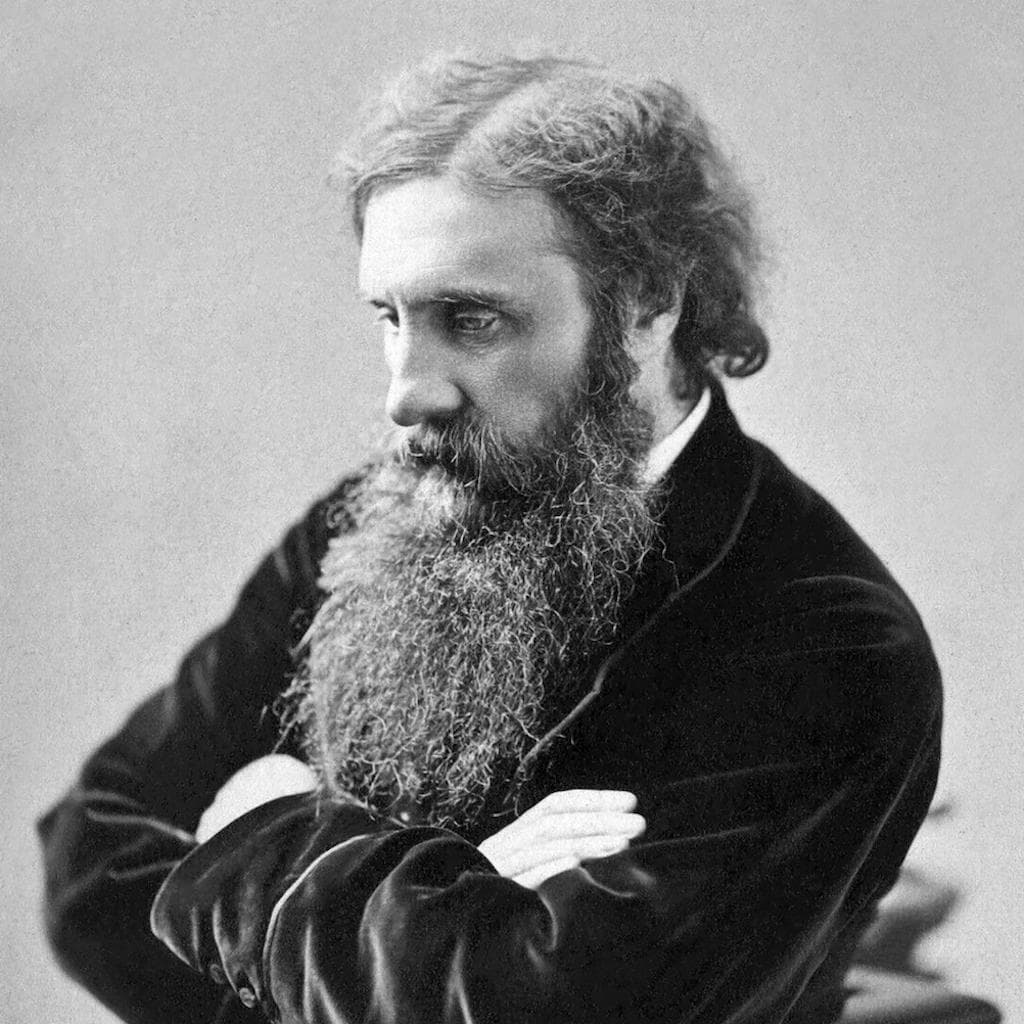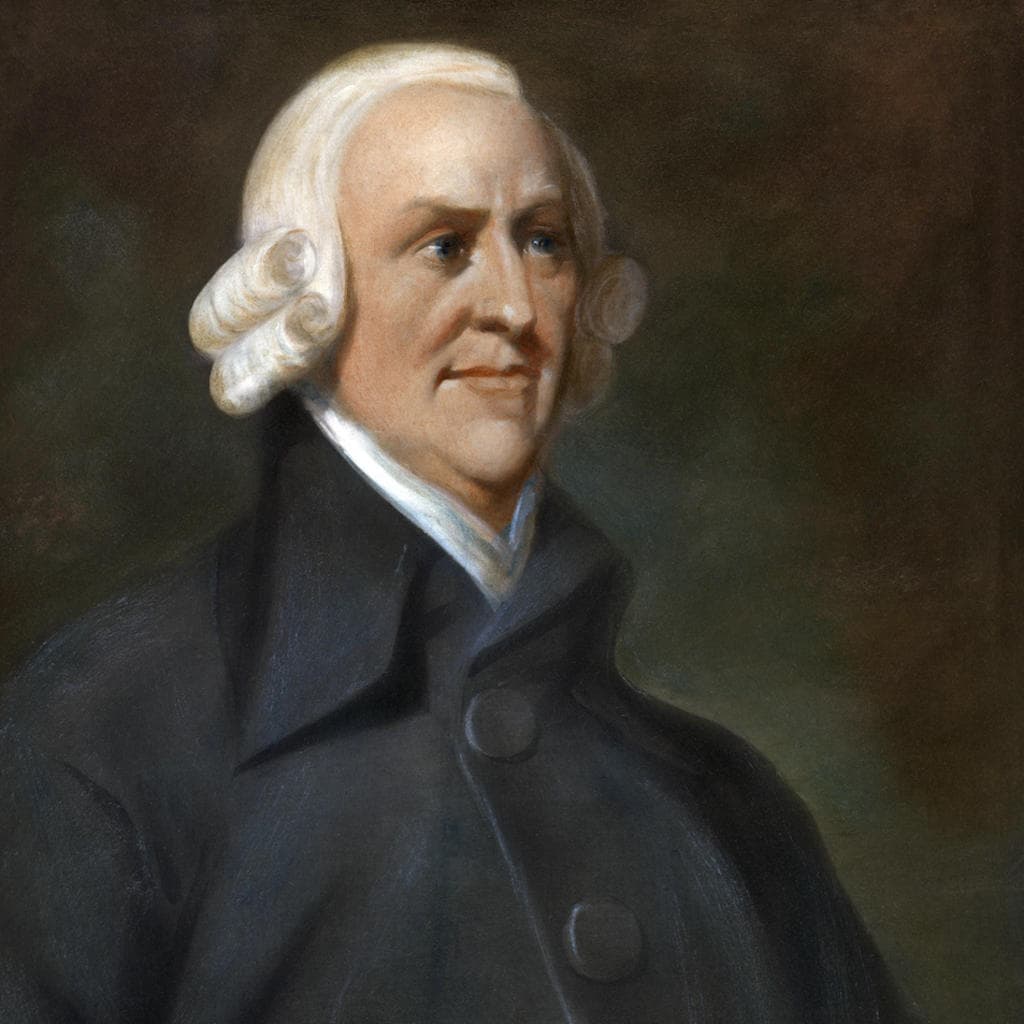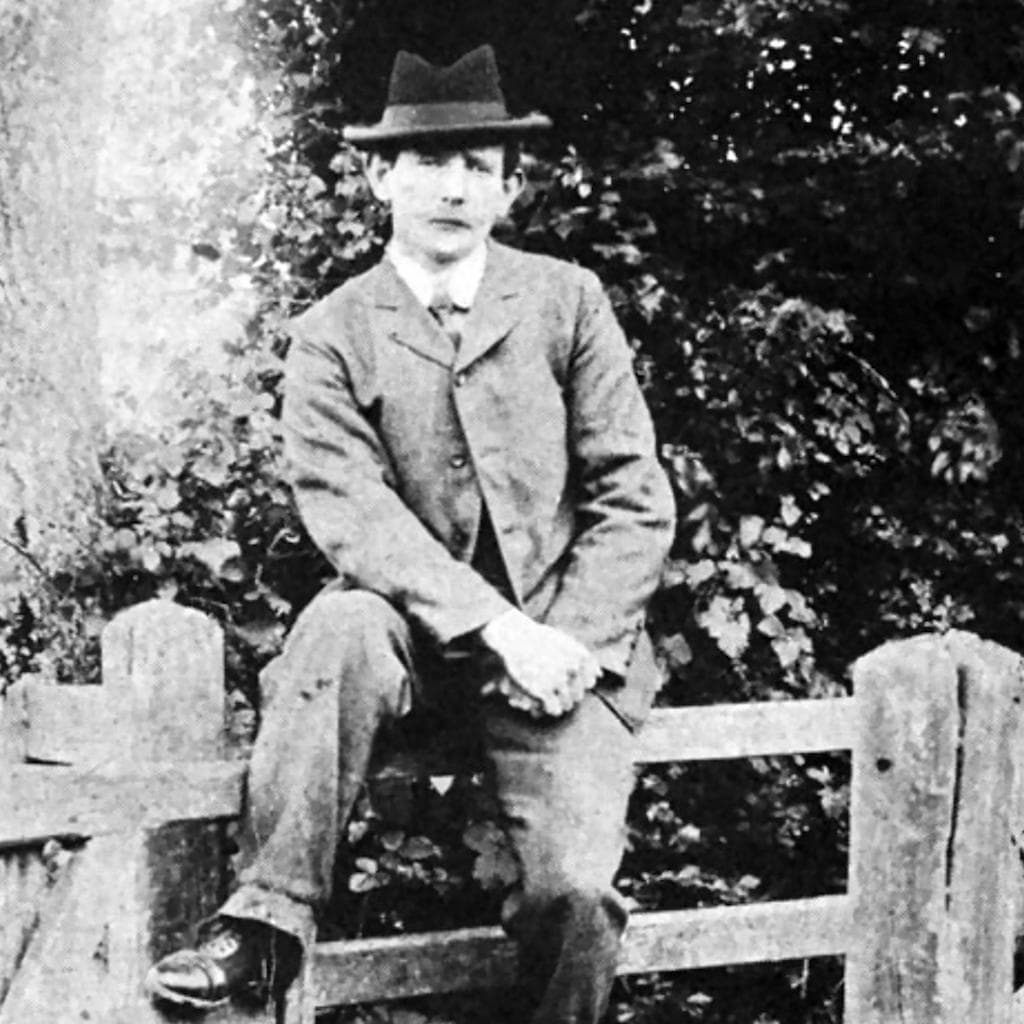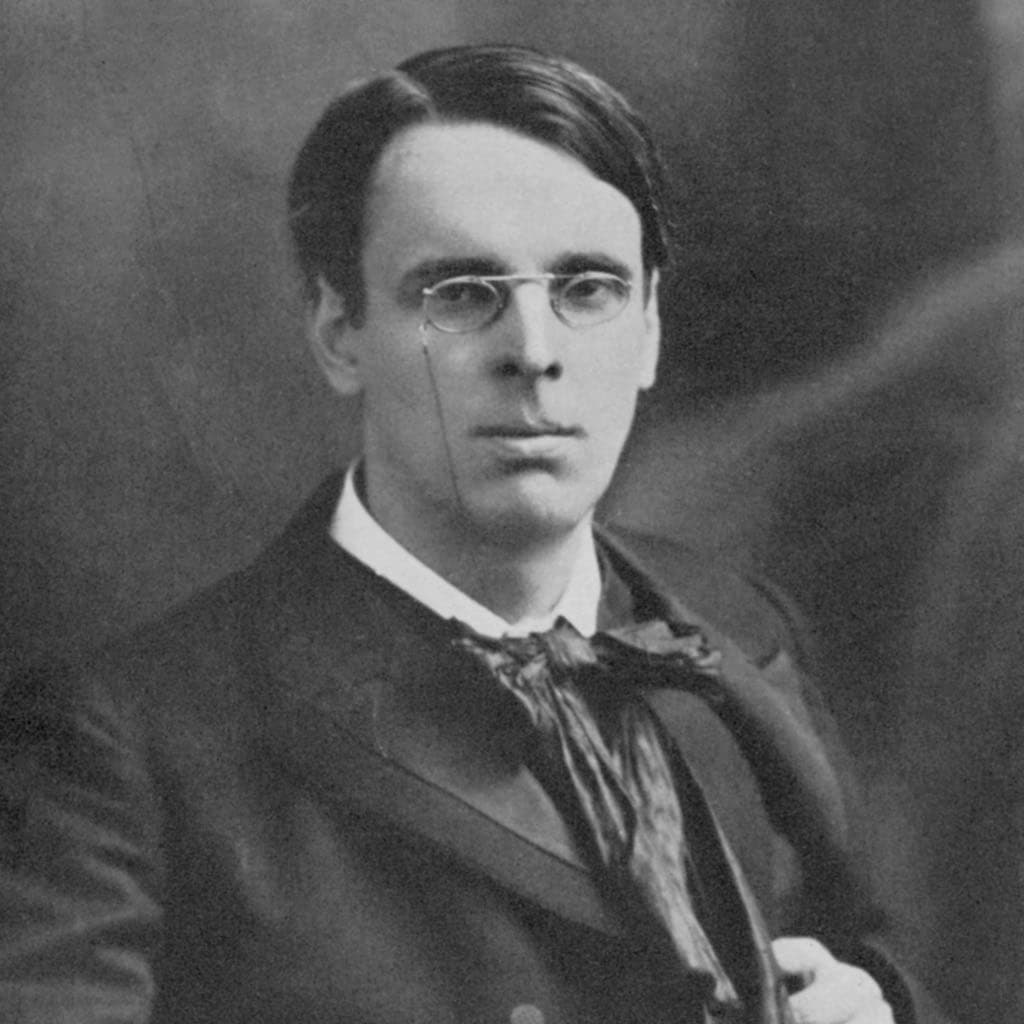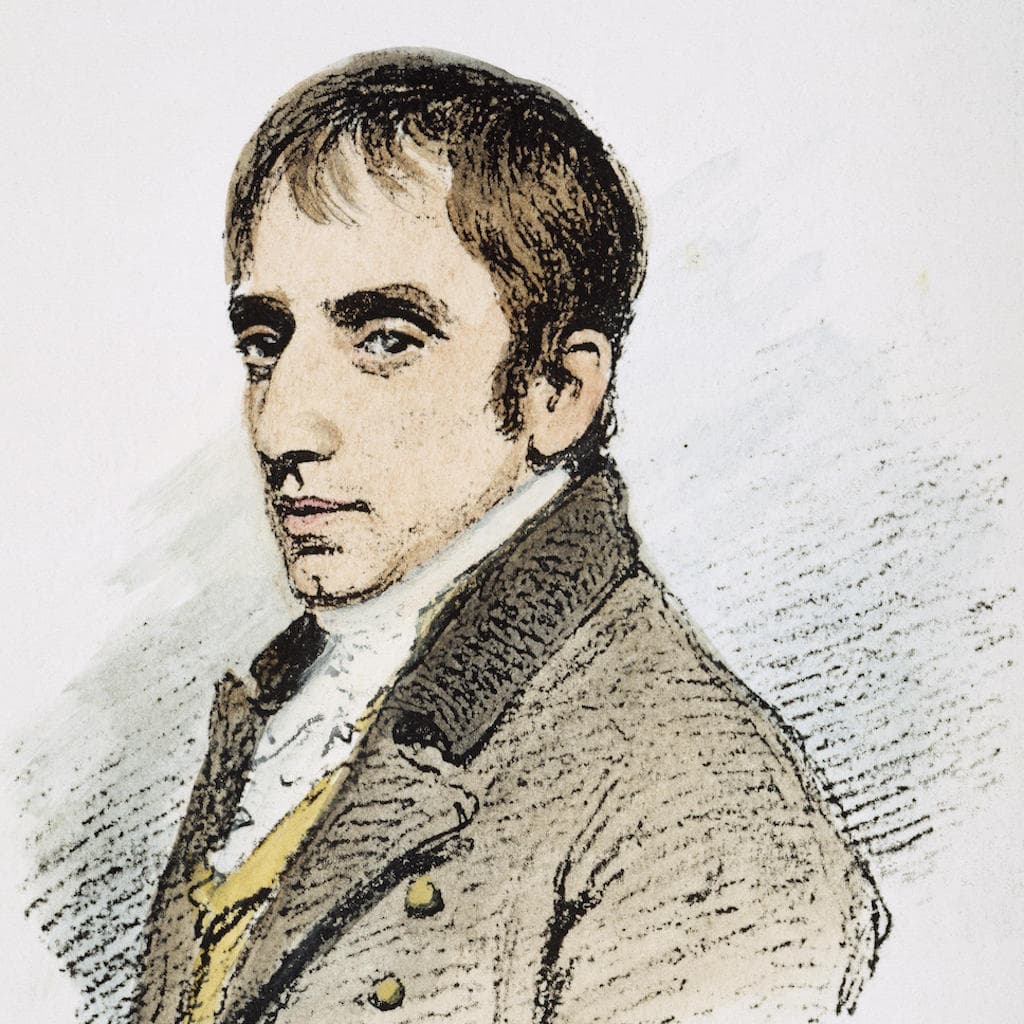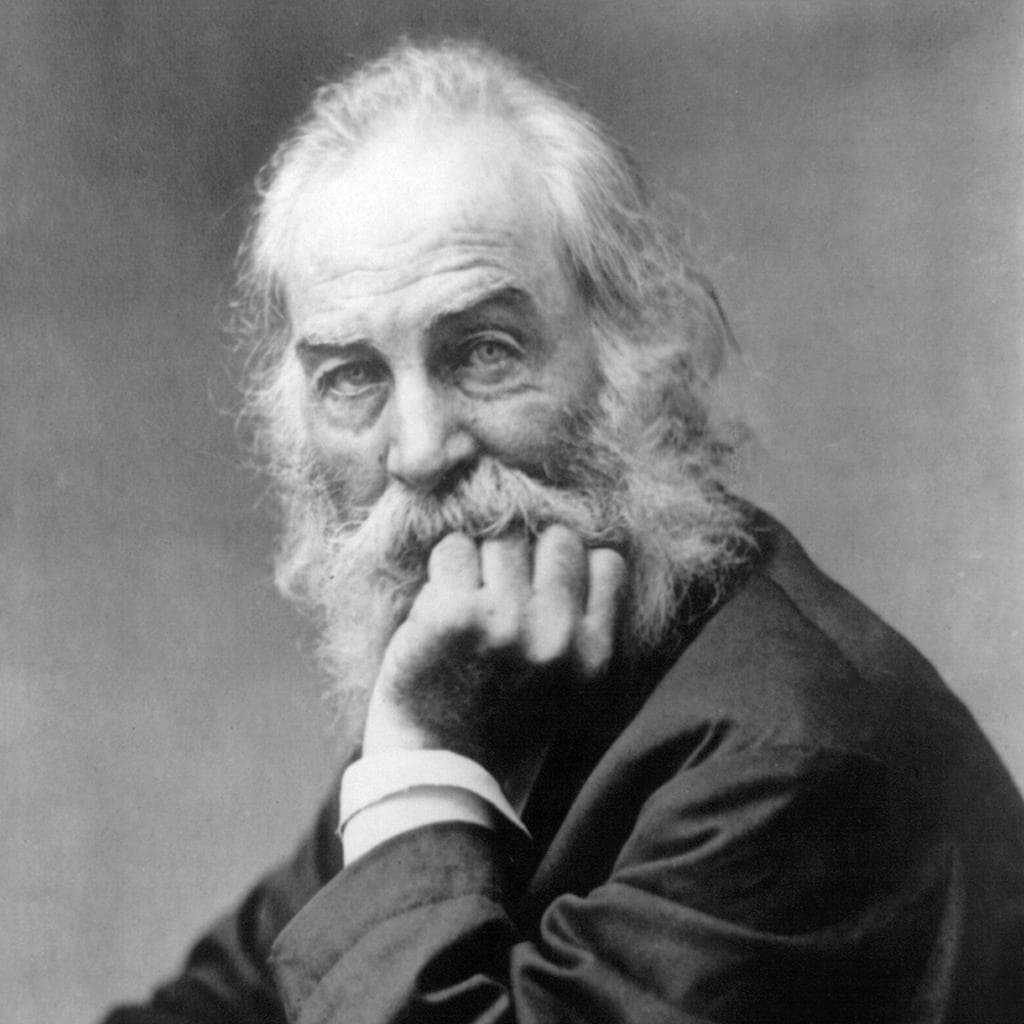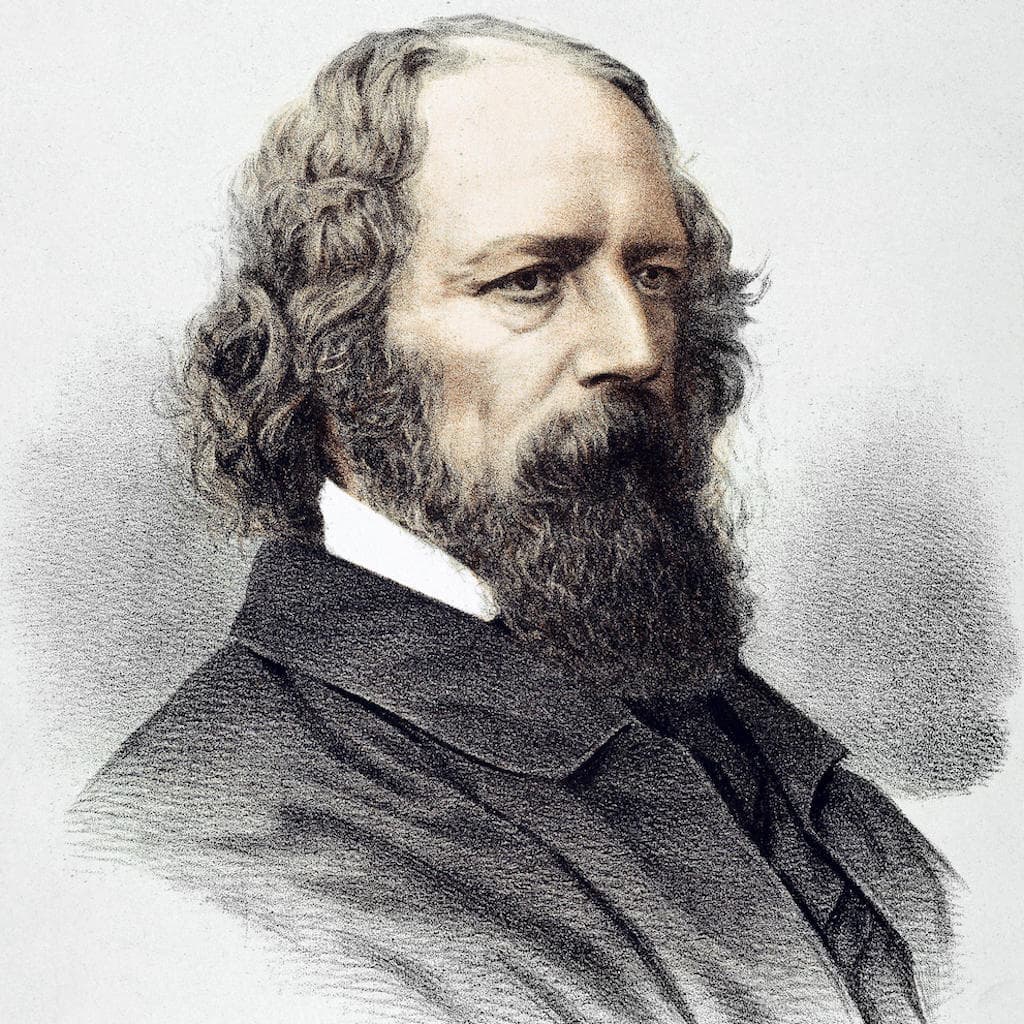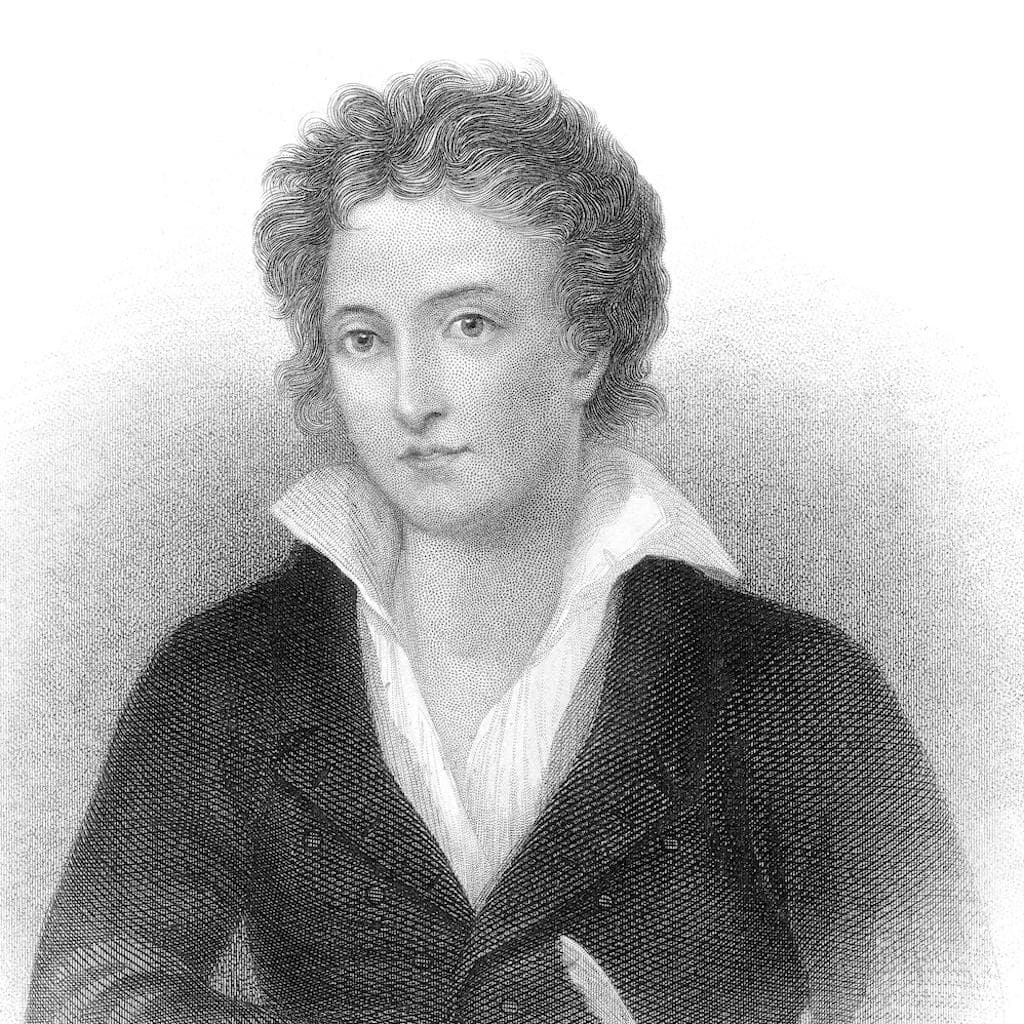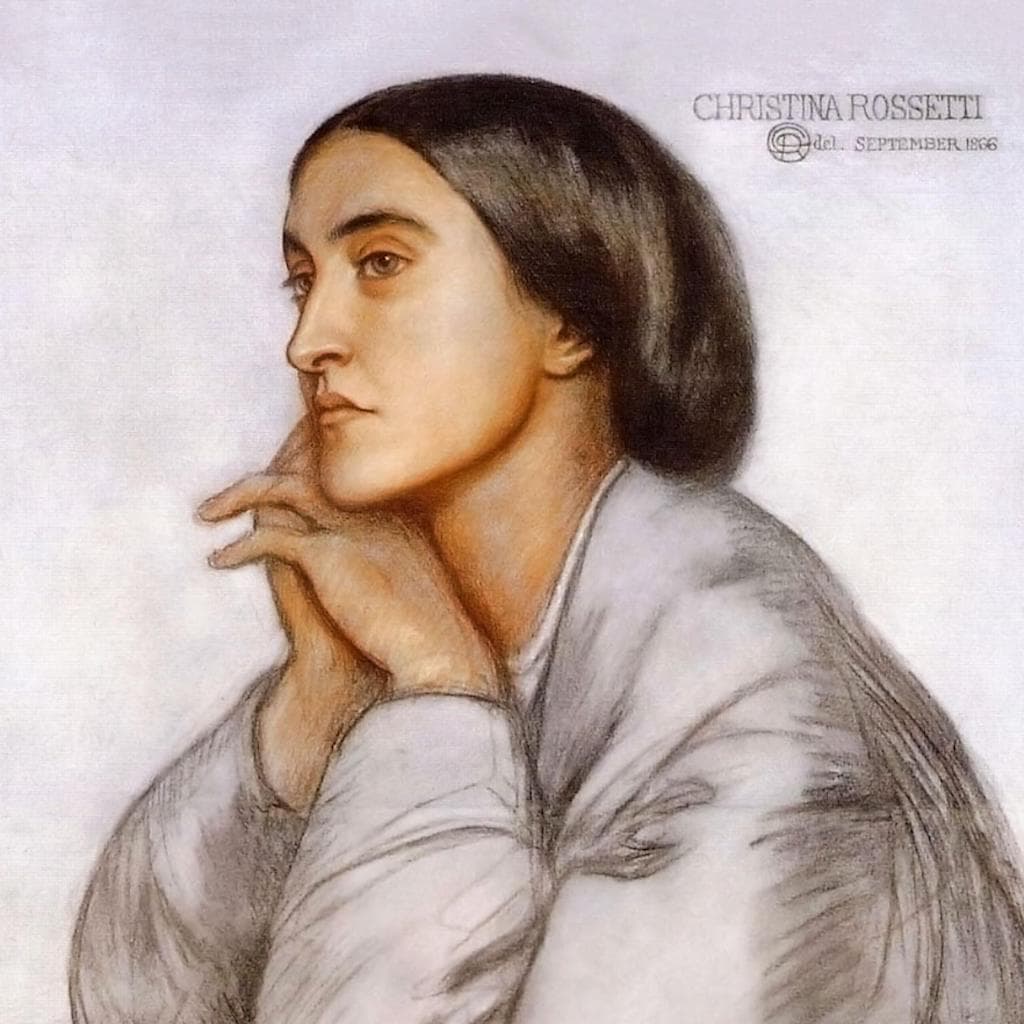BLOG POSTS
Archives: Book Authors
MacDonald George
George MacDonald (1824-1905) was a Scottish author and poet. He wrote on many subjects, including Christianity as he was a minister of the church. However, it is his children’s fantasy and fairy stories for which he is remembered. J.R.R. Tolkien, C.S. Lewis, W.H. Auden and Edith Nesbit, to name but a few, were some of his fellow authors influenced by his work. ‘The Princess and the Goblin’ is his most enduring work.
Smith Adam
Adam Smith (1723-1790) was a Scottish historian, political economist, writer, rhetorician, astronomer, and social philosopher, who wrote ‘The Wealth of Nations’. It is considered the first book of modern political economy, and still provides the foundation for the study of that discipline.
Tressell Robert
On 3 February 1911, 40 year-old Robert Noonan died of tuberculosis in the Royal Infirmary in Liverpool. Three hundred miles away, in a deed-box in Hastings, lay the handwritten manuscript of his unpublished novel, ‘The Ragged Trousered Philanthropists’. The story of how this book became a major influence on socialist thinking is rather more remarkable than his life.
Yeats W.B.
W(illiam) B(utler) Yeats (1865-1939) was an Irish poet, and winner of the Nobel Prize for Literature in 1923. He is widely regarded as the best poet to write in English during the twentieth century, and was the driving force behind the Irish literary revival.
Wordsworth William
When William Wordsworth (1770-1850) published ‘Lyrical Ballads’ with Samuel Coleridge in 1798, they launched the Romantic Age of English Literature. Although now generally considered the greatest poet of his age, at the time he would have been considered secondary to Keats, Scott and later Tennyson. His semi-autobiographical poem, ‘The Prelude’, raised little interest when it was published by his widow after his death, but it has come to be viewed as his masterpiece.
Whitman Walt
Walt Whitman (1819-1892) was an American poet, essayist and journalist. The collection of his poetry,’ Leaves of Grass’ was highly controversial in its day, as some found its overt sexuality offensive. The quality of his later works places him among the most influential American poets, and he has been called’ the father of free verse’.
Tennyson Alfred Lord
More than any other contemporary writer, Alfred Tennyson (1809 -1892) embodied the Victorian age, and during his lifetime, he, Queen Victoria and William Gladstone were said to be the three most famous people alive. Much loved by Victoria and Albert, he became poet laureate in 1850, and remained so until his death, the longest serving before and since. He was also unique in being the first peer to be created for his writing. By general consensus, then and now, he was the finest of the Victorian poets.
Shelley Percy Bysshe
While the reputations of authors and poets can wax and wane both during their lives and the years that follow, few have polarised opinion as much as Percy Bysshe Shelley (1792-1822). His name is inextricably associated with the other Romantic poets, Byron and Keats, but his atheism (and his appalling treatment of his wife) invoked genuine hatred while he lived, and the quality of the poetry of the Romantics in general, and his in particular, has, at times, been much derided. However, the list of his admirers is far longer then the list of his critics.
Rossetti Christina
Christina Rossetti (1830 – 1894) is best remembered for her collection of verse ‘Goblin Market and Other Poems’, but her stories, essays, and religious poetry have also found readers throughout the twentieth century. Most of Rossetti’s work was influenced by her devout religious convictions and the pressures placed upon women during Victorian times.
